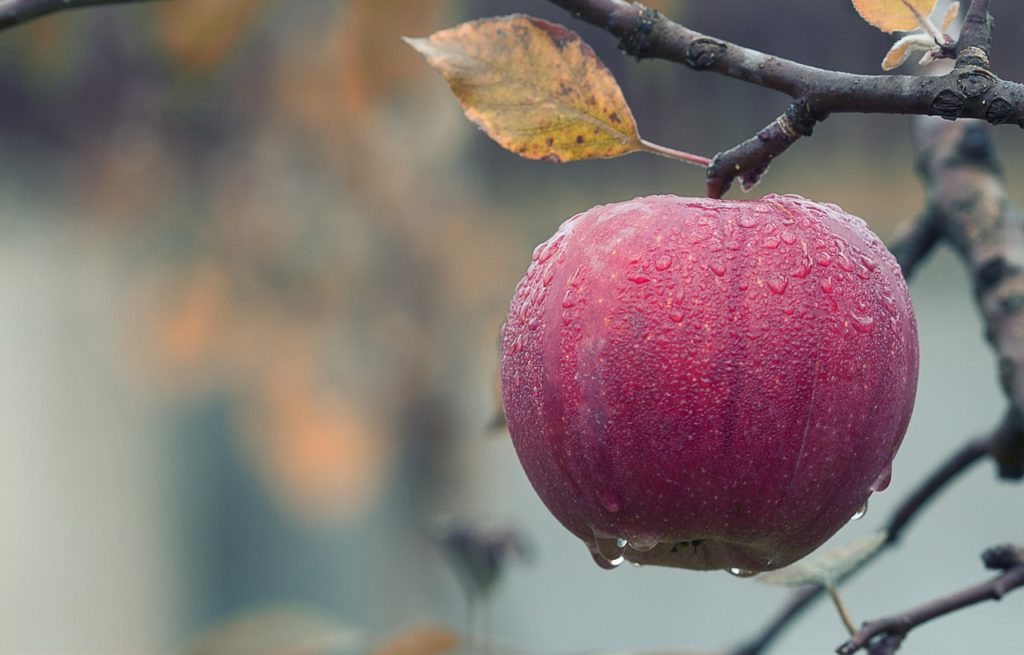
“Listen carefully to me, and eat what is good…”
Isaiah the Prophet
What will I eat today? Whose hand will prepare it? Will each bite nourish and delight, or will I chew on the shriveled hope, and hard, gristly heart of someone else’s last meal? In so many ways, I am what I eat eats.
In the fifth verb in our series, An Alphabet of Life, we explore the question, “Who cares what I consume?” The Bible has much to say in answer–for the human story begins with food badly chosen, and ends with a feast freely shared. And, both practically and metaphorically, the way to culinary contentment.
1. To be human is to hunger
It’s okay to admit it–you are not a superhero. You are vulnerable, dependent, and limited, and so am I. We spend our lives reaching for something–food, love, belonging, affirmation, meaning, or power. We were born wanting. Tragically, we stuff, hoard, numb, and over-commit to make the wanting go away.
I’m restless, uneasy,
My life seems off-key,
So I’ll scoop some more ice cream
And binge-watch TV.
We believe the whispered lie, “You need to be enough–only the self-made and self-sufficient matter.” But still we ache with incompleteness, we fail to arrive. Hunger points us toward the truth–only one Source can truly satisfy.
2. There’s more than enough for everyone
In the first pages of the Bible we find God creating, in astonishing variety, and abundantly providing for every human need. Divine hospitality moves undaunted through the rest of the biblical story–God generously supplies, even in the most barren, unlikely circumstances.
Jesus centered many of his miracles and teaching around a meal, and made room at the table for the forgotten and despised. He taught his disciples the proper attitude toward consumption: “People are hungry? YOU start feeding them with the little you have! I will ensure you’ll have plenty left over.” (Mark 6)
But, from the beginning we’ve shaken our fist at God and followed the path of human self-rule. At every turn, the false myth of scarcity whips us from behind. Instead of mirroring our generous Creator, we think and act like abandoned orphans, brawling for dwindling resources.
Have you noticed? Listen to current angry protest, “I want what I want when I want it. Nobody tells me what to do! I demand the freedom to do what I think is best for me!”
Consider this: The earth yields enough food to feed 10 billion people every year–1.5 times the population of the earth. Yet, an estimated 815 million people go hungry. According to the USD, Americans toss about 150,000 tons of food in the garbage every day. And, studies show, the more prosperous our nation becomes, the less generously we treat others.
The myth of scarcity permeates our politics and practice, and devastates our planet. Ask yourself, “Do I embrace, and reflect God’s extravagant generosity, or munch the fruit of a dark, self-preserving lie?”
3. What you eat, you are
The Old Testament diet restrictions sound strange to modern ears. Why does God care about what, and how, people eat? When these laws are read in the context of all commands, we see God’s intending to use his people to repair a broken world:
- Restoring order where chaos reigns.
- Replacing abuse with boundaries.
- Promoting shalom (the glad flourishing of the entire creation) where evil destroys and divides.
Consider the disastrous consequences of over-consumption of factory-farmed food, shoddy, disposable goods, and cheap, thoughtless opinion. We’ve greedily eaten from the wrong platters, and as a nation we suffer from the consequences. But, what can we do about it?
- Pause before each “bite” and ask: Does my consumption reflect loving care for creation, or just add to the collective bloat?
- Trust God in everything. Nutrition isn’t always tasty. Circumstances that build your character can look, at first glance, like disaster. A future grace for someone else may feel like your pointless suffering today.
- Be nourished by the evidence of God working, his goodness shining behind every dark-clouded event. With a steady diet of courage, hope and gratitude you may become the silver lining we all need.
The Paul Diet: “Summing it all up, friends, I’d say you’ll do best by filling your minds and meditating on things true, noble, reputable, authentic, compelling, gracious–the best, not the worst; the beautiful, not the ugly; things to praise, not things to curse.” Philippians 4:8 in The Message
Thanks for joining us here! You can subscribe to this series by scrolling to the very bottom of this blog. Next time in An Alphabet of Life: Wisdom Learned in the Verbs? F is Forbear.
2 replies on “What You Eat You Are”
As always your words are timely and helpful in pointing me in the right direction my friend!
Great to hear from you, M.E. I hope all is well!